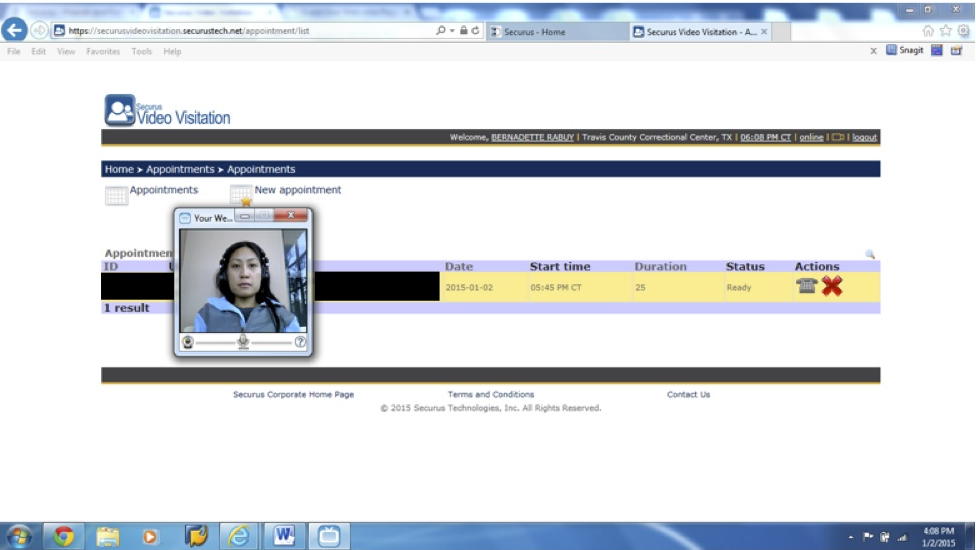John Oliver attacks harmful mandatory minimum laws
by Rachel Gandy, July 28, 2015
On Sunday, Last Week Tonight’s John Oliver tackled another pressing criminal justice issue: the troubling practice of mandatory minimums. Oliver’s 15-minute segment reveals that incarcerated people and their families aren’t alone in their fight against mandatory minimums. Even the policymakers who first created these sentences and the judges who have to hand them down think that such harsh penalties are ineffective.
Occasional pardons may bring relief to some, but without a system-wide, retroactive change to sentencing laws, mandatory minimums will continue to do “way more harm than good.”
For related Last Week Tonight clips, see Oliver’s segments on U.S. prisons, police militarization, judicial elections, municipal violations, and bail and private police.




